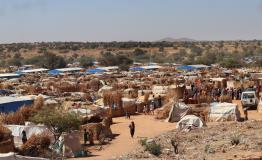
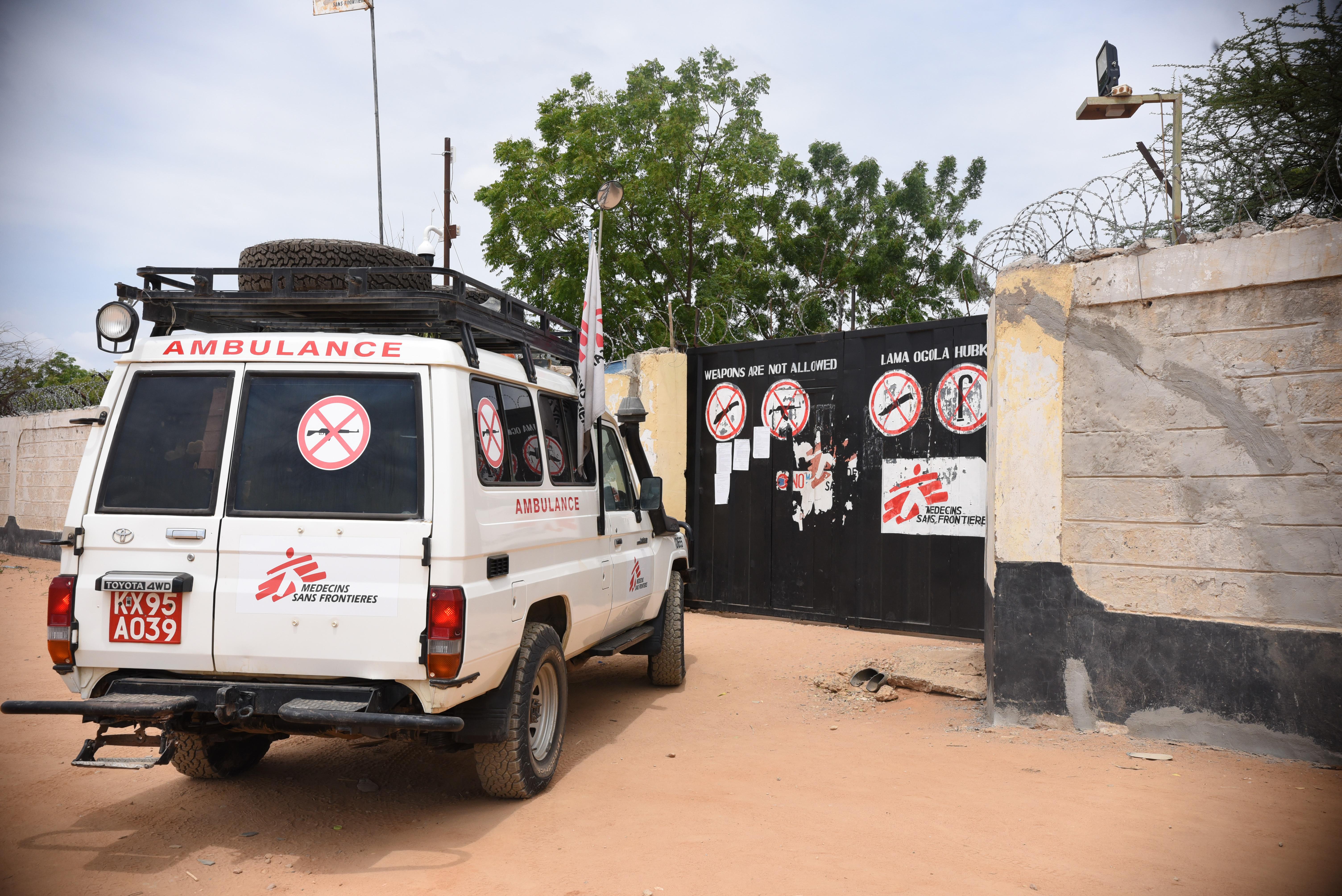
War and conflict
One of the ways in which we are able to demonstrate our independence to warring parties is to ensure that all our funding for work in conflicts comes from private individuals – we do not accept government grants.
Conflicts, be they international wars or those within countries, can have many consequences.
Fear of violence or persecution uproots entire communities and disrupts access to medical care for those that flee as well as those who stay behind.
Conflicts normally lead to a rise in trauma injuries, but also lead to problems for people needing normal medical care, such as complications with pregnancy or chronic diseases such as diabetes.
Psychological distress and mental illnesses also generally rise, as can cases of sexual violence.
We try to fill these gaps with highly experienced doctors, nurses, and logisticians, who provide specialised medical care and logistical support.

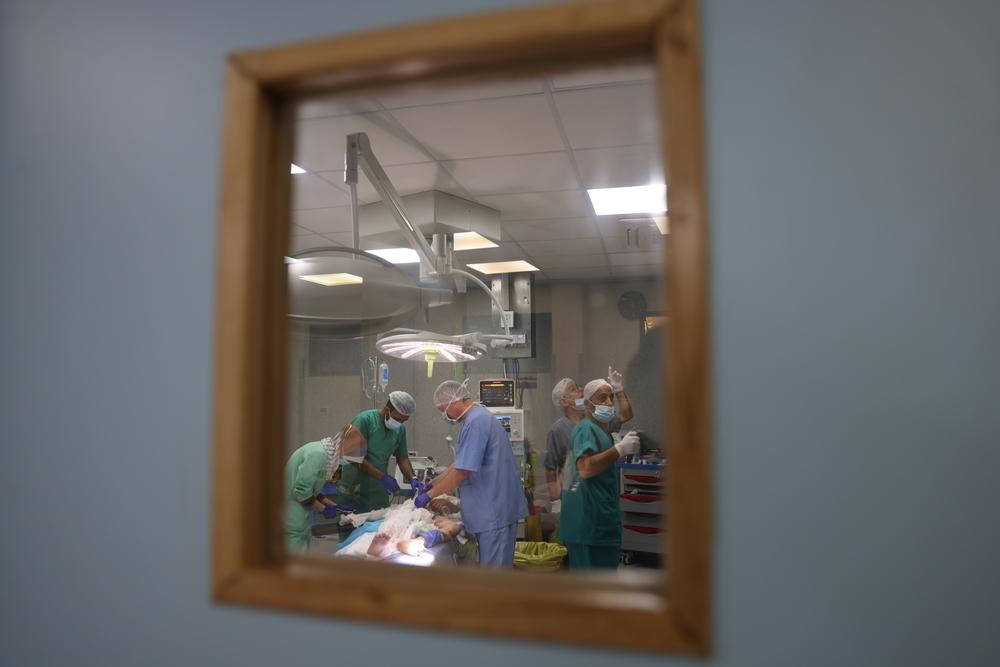
With Nasser hospital out of commission, people in southern Gaza run out of healthcare options
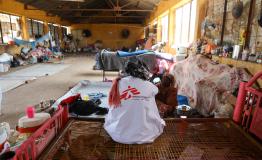
Sudan: Escalating needs for more than half a million people in Wad Madani
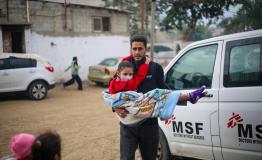
Evacuation orders and heavy bombing around Gaza’s hospitals leaves few healthcare options for civilians

Gaza: MSF condemns strike on shelter that killed staff member’s five-year-old daughter
